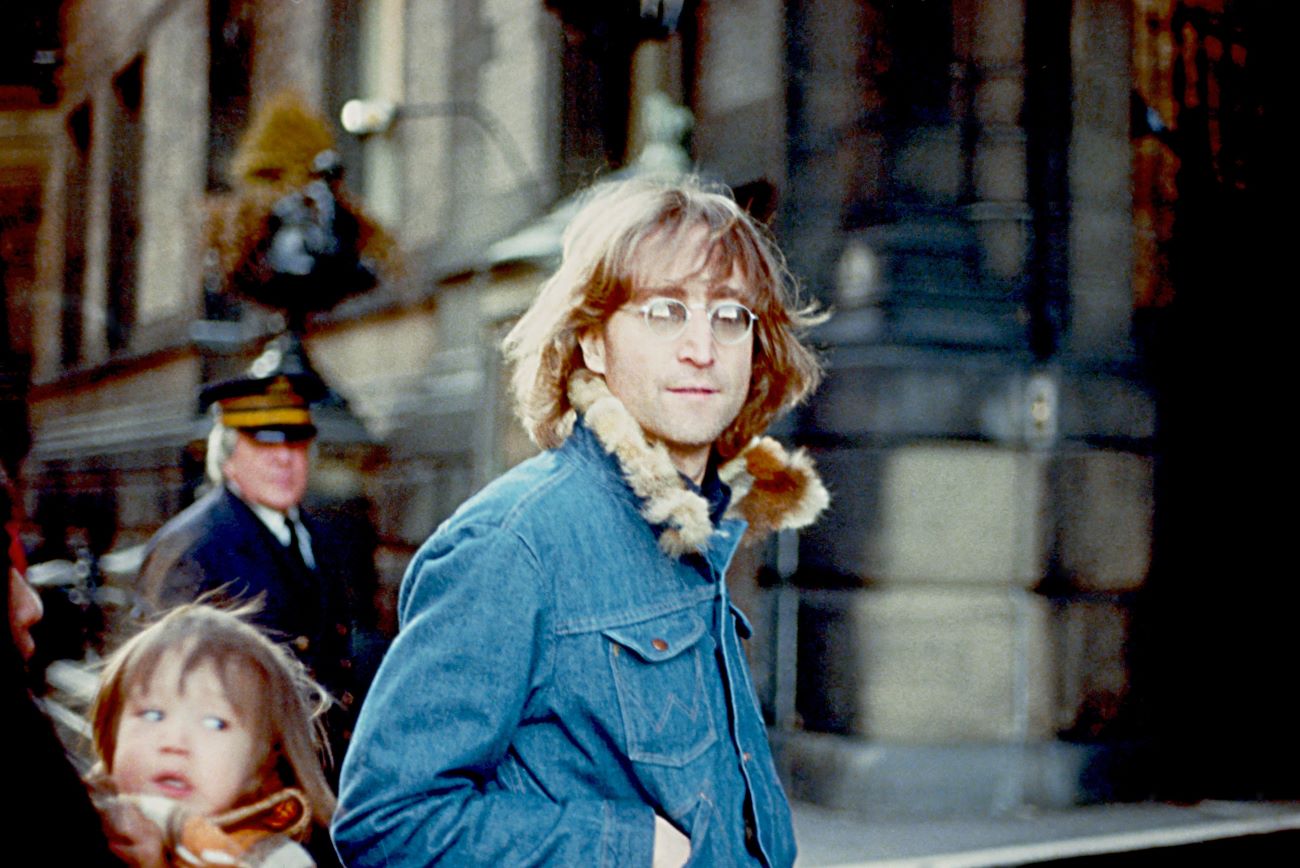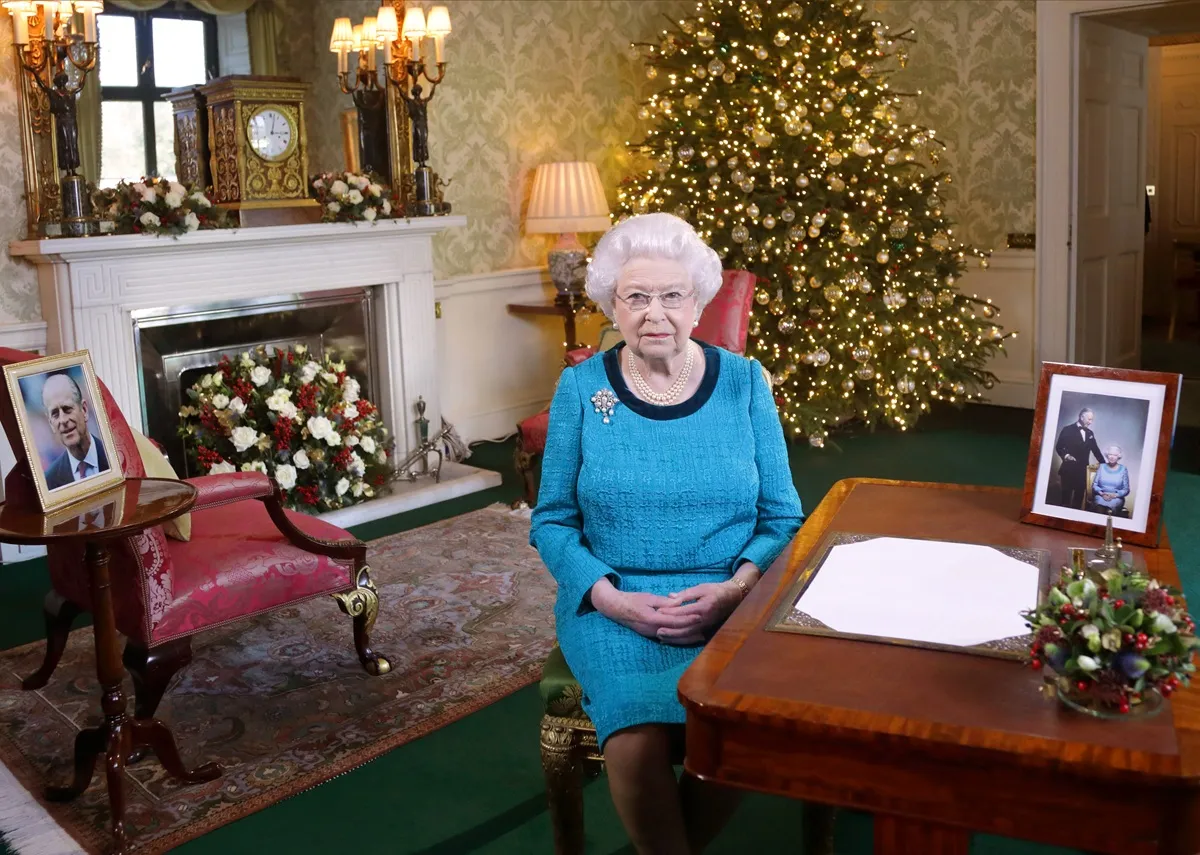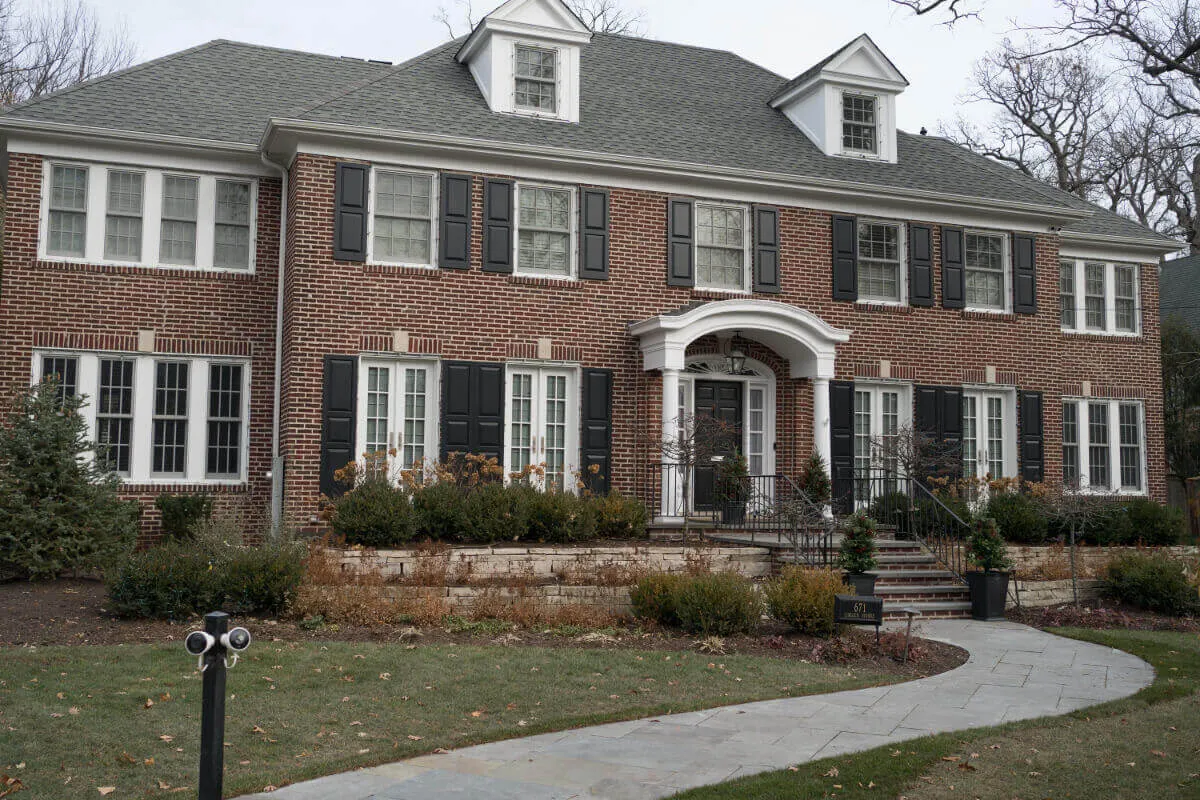
John Lennon Said He Was Paying to Be Harassed by the US Government: ‘I’m Really Getting Blackmailed’
John Lennon landed himself in trouble with the US government in the 1970s. After he vocally opposed Richard Nixon’s presidency, the administration initiated deportation proceedings for Lennon and Yoko Ono. A lengthy legal battle followed, which continued after Nixon left the presidency. Lennon said that though he remained in New York, he was in no way the winner in the situation. He said he was paying for the government to bother him.

John Lennon was in a legal battle with the US government
Lennon’s opposition to the Vietnam War and Nixon’s presidency led the administration to begin deportation proceedings against him in 1972. They claimed that because he pleaded guilty to cannabis possession in 1968, he could not legally remain in the United States.
The move sparked a public outcry, and many other musicians spoke out in support of Lennon and Ono. Lennon hired lawyers and began the battle to remain in the country. He acknowledged that the law that could deport him existed but also understood that Nixon was making a political play.
“Sure, the law exists,” he told Rolling Stone in 1975. “And so do all the Nazis here and the drug dealers that are not American born and all the killers that are allowed in here. They’re still pretending that they’re doing it on the strict letter of the law.”
John Lennon said that it was expensive to be harassed by the US government
Three years into the fight, Lennon said he worried about leaving the country because he was certain he wouldn’t be allowed back in. He said he would hunker down and continue to pay his expenses in the United States.
“I can last out, without leaving here, another ten years, if that’s the way they want to play it,” he said. “I’ll earn enough to keep paying them. I’m really getting blackmailed. I’m paying to stay. Paying takes, on one hand, about a half-million dollars, and I’ve hardly worked very hard for that. I mean that’s with sittin’ on me arse and I’ve paid a half-million in taxes. So I’m paying them to attack me and keep me busy and harass me, on one hand, while on the other hand I’ve got to pay me own lawyers.”
He wanted to remain in the US because he thought of it as his home, not because he wanted to make American money. Lennon believed that he could do that anywhere.
“Some people think I’m here just to make the American dollars,” he said. “But I don’t have to be here to make the dollars, I could earn American dollars just sittin’ in a recording studio in Hong Kong. Wherever I am, the money follows me. It’s gonna come out of America whether they like it or not. This is where the money comes from, in this world. It’s not that the government allows people to earn money from America, the government wants people to earn money, otherwise they wouldn’t’ve set up this damn system, right? I also give a lot of jobs to a lot of Americans.”
He said that everyone was left satisfied except him
The expenses and exhaustion of the legal battle left Lennon feeling wrung out. He noted that everyone else involved seemed to be winning except him.
“[Writer] Terry Southern put it in a nice sort of way. He said, ‘Well, look, y’keep ’em all happy, ya see? The conservatives are happy ’cause they’re doin’ somethin’ about ya and the liberals are happy ’cause they haven’t thrown you out. So everybody’s happy! [pause] Except you!’ (laughter) I’m happy I’m still here. I must say that. And I ain’t going. There’s no way they’re gonna get me out. No way. They’re not gonna drag me in chains, right? So I’m just gonna have to keep paying. It’s bloody ridiculous. It’s just … beyond belief.”
In Oct. 1975, several months after the interview, a federal judge ruled in Lennon’s favor.


